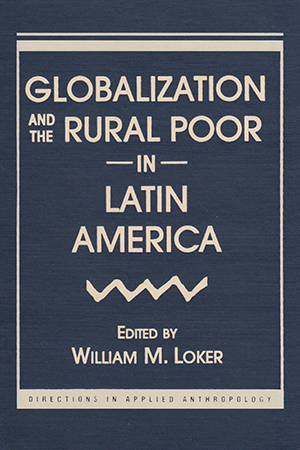
- 1999/232 pages
- Directions in Applied Anthropology: Adaptations and Innovations
Globalization and the Rural Poor in Latin America
Hardcover: $45.00
ISBN: 978-1-55587-809-2
With global sociopolitical and economic change contributing to an accelerating crisis in Latin America’s rural communities, rural residents are responding creatively with a range of survival strategies: new forms of collective action, involvement in social movements, the development of resource-management programs, and participation in broader markets. The analyses and case studies in this book illustrate these strategies in the context of declining wages, rapid population growth, and reduced access to land and resources.
The authors also examine the implications and ideological justification of current development approaches. A concluding chapter explores the connections between globalization and the underlying forces of urbanization, liberalization, and democratization.
The authors also examine the implications and ideological justification of current development approaches. A concluding chapter explores the connections between globalization and the underlying forces of urbanization, liberalization, and democratization.







